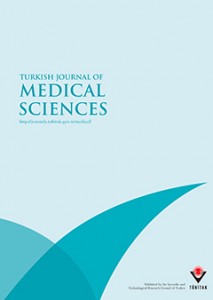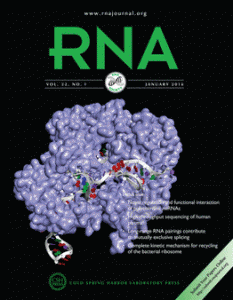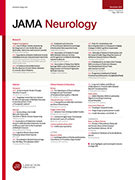 A Swedish ethical review board has censured two biologists and their employer, Uppsala University, for events related to “extensive image manipulations” in five papers published between 2010 and 2014. The case has led to criticism from an outside expert — who brought the allegations to Uppsala — over the current system in Sweden for handling such investigations.
A Swedish ethical review board has censured two biologists and their employer, Uppsala University, for events related to “extensive image manipulations” in five papers published between 2010 and 2014. The case has led to criticism from an outside expert — who brought the allegations to Uppsala — over the current system in Sweden for handling such investigations.
Four of the papers have been retracted, and the authors have requested a correction in the fifth.
After an eight-month investigation, in September the government-run Expert Group for Scientific Misconduct at the Central Ethical Review Board in Stockholm, Sweden, concluded that Uppsala professor Kenneth Söderhäll — who has published more than 200 papers — and lecturer Irene Söderhäll acted “negligently” and “dishonestly” by Continue reading Four retractions follow Swedish government findings of negligence, dishonesty







